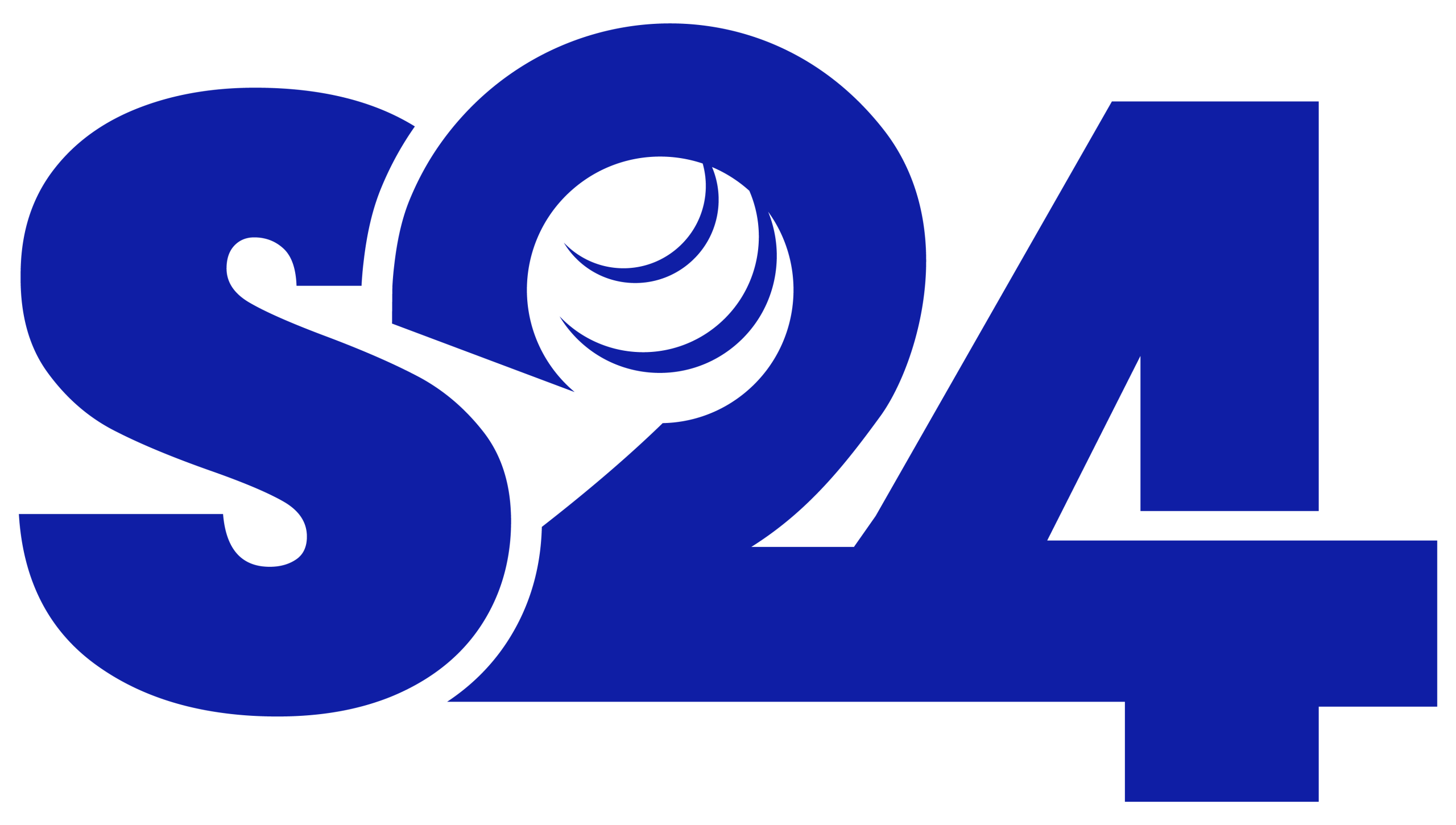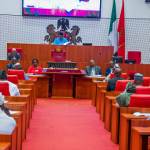The Independent National Electoral Commission (INEC) has received a delegation from the European Union Election Observation Mission (EU-EOM) to assess progress on recommendations made after the 2023 general elections. The meeting, held at INEC headquarters in Abuja, focused on administrative reforms already in motion and the need for deeper constitutional and judicial changes ahead of the 2027 polls.
The EU-EOM’s final report on the 2023 elections contained 23 recommendations aimed at strengthening Nigeria’s electoral process. Out of these, eight were addressed directly to INEC, while 15 required broader collaboration with institutions such as the National Assembly, the judiciary, political parties, and security agencies.
INEC Chairman, Prof. Mahmood Yakubu, told the delegation that the commission had already started implementing several of the recommendations within its administrative reach.
“We have taken steps to strengthen staff training, improve the use of technology, and enhance the transparency of results management,” Yakubu explained. “However, some of the most pressing reforms will require legislative action and constitutional amendments, which are beyond the sole mandate of the commission.”
The EU mission, led by Chief Observer Barry Andrews, commended INEC for its efforts but stressed that electoral credibility in 2027 would depend on reforms that extend beyond administrative adjustments.
“INEC has demonstrated commitment to internal reforms, but for Nigeria’s democracy to advance, there must be stronger judicial mechanisms, constitutional clarity, and a consistent legal framework,” Andrews said. “Our mission continues to encourage Nigeria to adopt reforms that address dispute resolution, inclusivity, and the independence of institutions.”
Both INEC and the EU highlighted the urgent need for reforms in Nigeria’s judicial system, particularly in how election disputes are handled. Observers noted that delayed rulings, procedural inconsistencies, and overlapping jurisdictions in 2023 weakened public trust.
Prof. Yakubu also warned that delays in passing electoral amendments could hinder the commission’s ability to plan effectively for 2027.
“Uncertainty in the legal environment makes early preparations difficult. We urge the National Assembly to fast-track consideration of proposed reforms so that INEC can work with clarity and confidence,” he added.
The EU delegation emphasized inclusivity as another key area of reform, calling for stronger mechanisms to guarantee participation of women, youth, and persons with disabilities in Nigeria’s political process.
Civil society groups have echoed similar concerns, urging government institutions to treat electoral reform as a national priority well before the 2027 elections.
With Nigeria preparing for its largest election cycle yet, stakeholders agree that early reform is essential. If successfully implemented, the changes could make 2027 one of the most credible elections in the country’s history.
The meeting between INEC and the EU delegation underscores a critical moment for Nigeria’s democracy. While progress has been made on administrative reforms, constitutional and judicial changes remain urgent. Whether these reforms are implemented on time will likely determine the credibility of the next general elections and the trust of millions of Nigerian voters.








